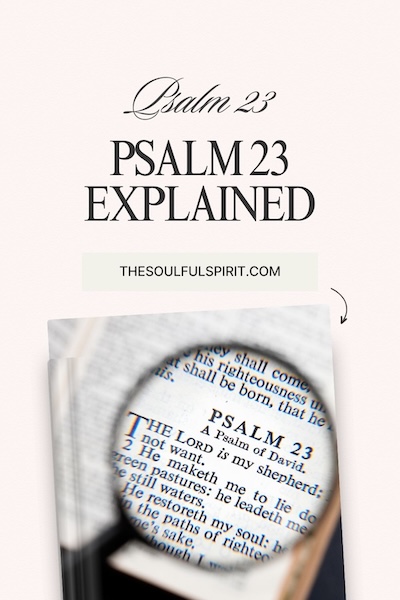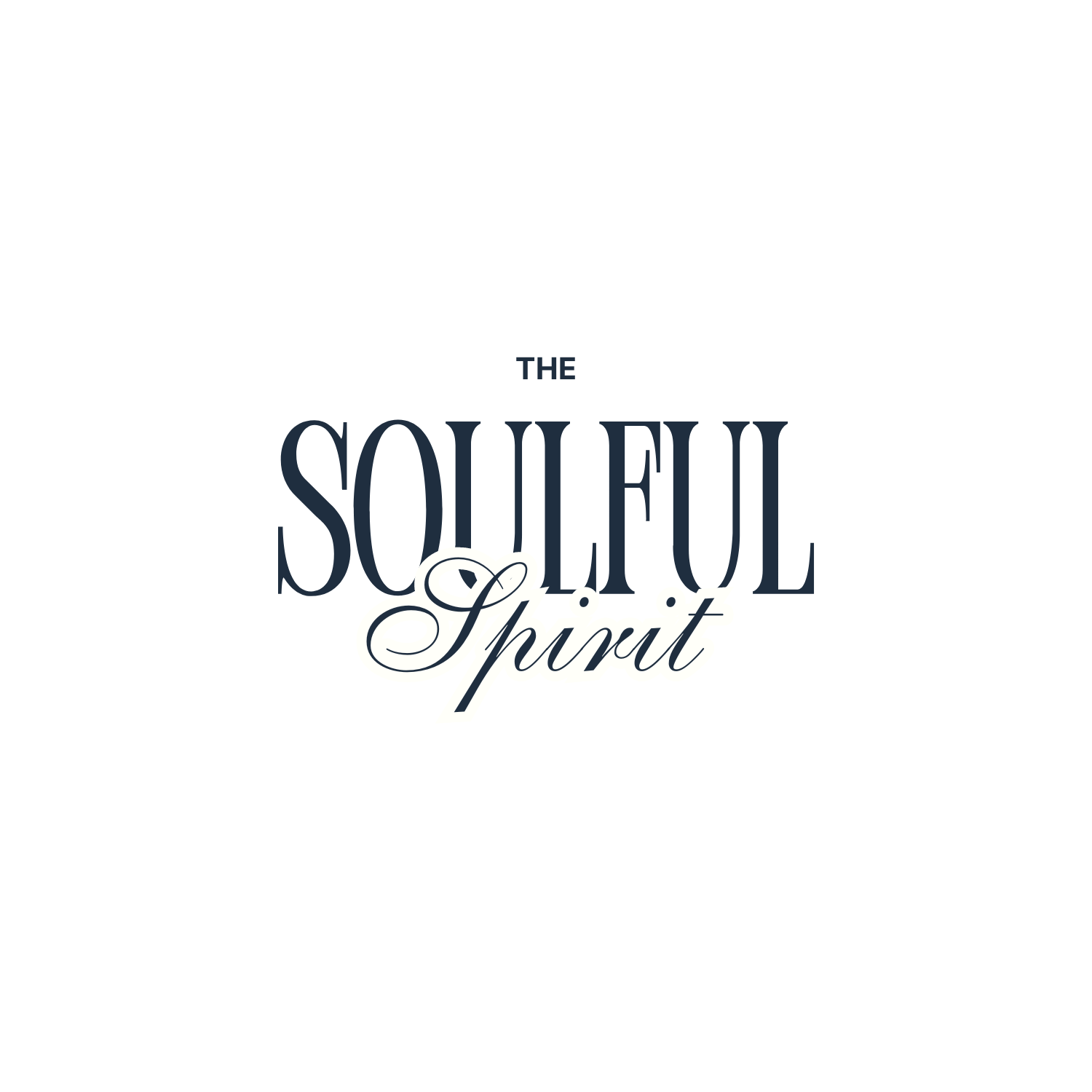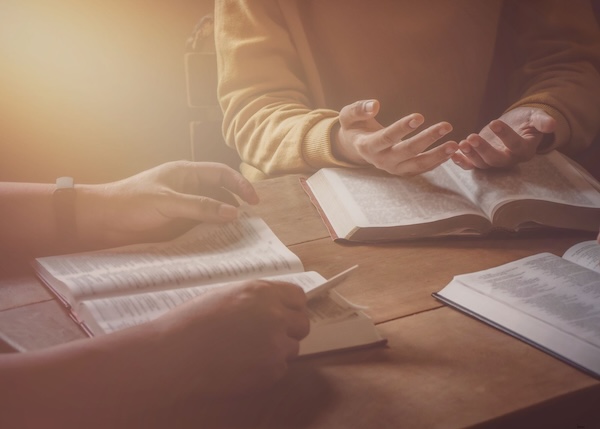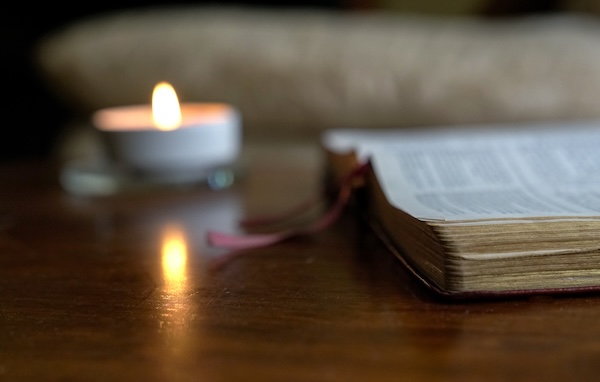Psalms 23 Explained: A Deep Dive into the Comforting Words of David
When it comes to comfort and reassurance, few passages in the Bible offer as much peace as Psalms 23. Pslams 23 explained is often recited in times of sorrow, difficulty, or fear, this timeless psalm has resonated with believers for centuries. It is also used within prayer.
Written by King David, Psalms 23 is a poetic expression of trust in God’s loving care and protection. But what makes Psalms 23 so universally loved? What deeper meaning lies beneath these comforting words?

Psalms 23
“The Lord is my shepherd; I shall not want.
He makes me lie down in green pastures.
He leads me beside still waters.
He restores my soul.
He leads me in paths of righteousness for his name’s sake.
Even though I walk through the valley of the shadow of death,
I will fear no evil,
for you are with me;
your rod and your staff, they comfort me.
You prepare a table before me in the presence of my enemies;
you anoint my head with oil;
my cup overflows.
Surely goodness and mercy shall follow me
all the days of my life,
and I shall dwell in the house of the Lord forever.”
(Psalm 23, ESV)
In this post, we’ll explore Psalms 23 explained, diving into its verses to understand the profound truths David shared about God’s care, provision, and protection for His people.
Pslams 23 Explained: The Author
Before we dive into the verses themselves, it’s important to remember who wrote this beloved psalm. King David, who was once a humble shepherd before becoming the second king of Israel, wrote Psalms 23. His experience tending sheep gave him a unique perspective on the relationship between a shepherd and his flock. David was deeply familiar with the protective, guiding, and providing role of a shepherd, and he applied this understanding to his own relationship with God.
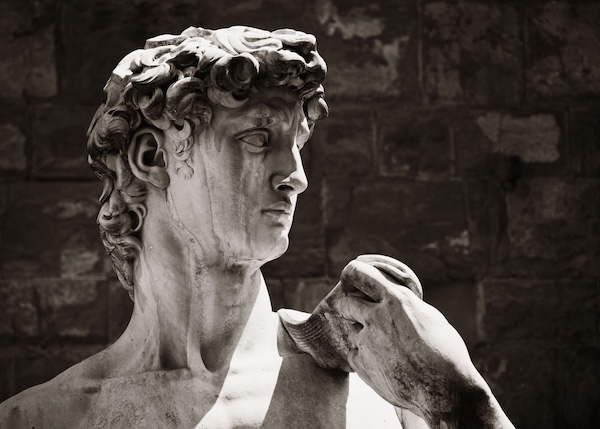
As a warrior, poet, and man after God’s own heart (1 Samuel 13:14), David experienced both triumphs and trials throughout his life. Many of his psalms reflect his personal journey, but Psalms 23 stands out as one of the most intimate and reassuring expressions of trust in God’s constant care.
Psalms 23 Explained: The Lord as Our Shepherd
“The Lord is my shepherd; I shall not want.” (Psalm 23:1, ESV)
The psalm opens with a bold statement of confidence: “The Lord is my shepherd”. For David, this wasn’t just a metaphor—it was a declaration of his trust in God. In the ancient world, a shepherd was responsible for guiding, protecting, and providing for the sheep. Similarly, by calling God his shepherd, David acknowledged God as the ultimate provider and protector of his life.
The phrase “I shall not want” signifies sufficiency and peace. It expresses that, with the Lord as our Shepherd, we lack nothing. God’s provision is complete and perfect, and He meets our every need—whether physical, emotional, or spiritual. This line reassures us that we are fully cared for by a loving God, and in His care, we can trust.
Pslams 23 Explained: God’s Provision and Rest
“He makes me lie down in green pastures. He leads me beside still waters.” (Psalm 23:2, ESV)
David continues to describe the peace and abundance that God provides. Green pastures and still waters are symbols of nourishment, tranquility, and restoration. For a shepherd, leading the sheep to these places was vital because it offered them the rest and refreshment they needed to thrive. In the same way, God leads us to places of spiritual renewal and rest.
In the midst of our busy, often stressful lives, this verse reminds us that God desires for us to experience peace and rest. He doesn’t just provide for our needs; He leads us to places where we can experience true rest and restoration. We are invited to trust that, even in moments of exhaustion or overwhelm, God knows where to guide us for spiritual renewal.
Psalms 23 Explained: Restoration and Righteousness
“He restores my soul. He leads me in paths of righteousness for his name’s sake.” (Psalm 23:3, ESV)
This verse speaks to God’s intimate care for our well-being. “He restores my soul” refers to the emotional and spiritual renewal that God offers. Just as a shepherd tends to a wounded sheep, God tends to our hearts, restoring us when we are broken, weary, or burdened.
The phrase “He leads me in paths of righteousness for his name’s sake” emphasizes that God leads us not just aimlessly, but according to His will and for His glory. The paths of righteousness are the ways of living that honor God and reflect His holiness. This is an invitation to walk in alignment with God’s purpose, trusting that He will guide us toward lives of peace, joy, and righteousness.
Psalms 23 Explained: Comfort in the Darkest Valleys
“Even though I walk through the valley of the shadow of death, I will fear no evil, for you are with me; your rod and your staff, they comfort me.” (Psalm 23:4, ESV)
This is perhaps the most powerful verse in Psalms 23. David acknowledges the inevitable valleys of life—times of hardship, fear, and suffering. “The valley of the shadow of death” refers to those dark, difficult moments when we face danger, loss, or grief. Yet, even in these moments, David declares, “I will fear no evil, for you are with me.”
The assurance that God is with us in our darkest moments is the heart of Christian hope. We are never alone in our struggles. The rod and staff are symbols of a shepherd’s protection and guidance. The rod was used to defend the sheep from predators, and the staff helped guide them along the right path. In the same way, God offers us comfort and protection through His presence, giving us the strength to face life’s challenges without fear.
Psalms 23 Explained: Abundant Blessings in the Presence of Adversity
“You prepare a table before me in the presence of my enemies; you anoint my head with oil; my cup overflows.” (Psalm 23:5, ESV)
In this verse, David shifts the imagery to a banquet. “You prepare a table before me in the presence of my enemies”speaks to God’s abundant blessings, even in the face of opposition or adversity. Despite the challenges we may face, God provides for us in ways that surpass our understanding.
The act of anointing with oil was a sign of blessing and honor. God anoints us with His favor, showing us His love and grace. And the image of a cup overflowing speaks to the abundance of God’s goodness—His provision, grace, and mercy are more than enough to fill us up.
Psalms 23 Explained: God’s Everlasting Goodness
“Surely goodness and mercy shall follow me all the days of my life, and I shall dwell in the house of the Lord forever.” (Psalm 23:6, ESV)
The psalm ends with a beautiful declaration of confidence in God’s eternal goodness. David affirms that “goodness and mercy” will follow him all his life. God’s goodness is His divine favor, and His mercy is His unearned grace. These two attributes of God will accompany us, no matter where we go or what we face.
The final phrase, “I shall dwell in the house of the Lord forever,” speaks to the hope of eternal life with God. It’s an assurance that God’s presence is not just for this life but extends into eternity. We will dwell with Him forever, experiencing His love and peace for all time.
Conclusion
Psalms 23 is a beautiful expression of God’s care, protection, and provision. Through vivid imagery of a shepherd’s relationship with his flock, David conveys the depth of God’s love for His people. Whether we face moments of joy or times of sorrow, this psalm reassures us that God is with us—guiding, protecting, and providing for our every need.
In Psalms 23 explained, we find comfort, hope, and peace. It reminds us that God is not a distant figure but a loving Shepherd who walks with us through life’s challenges, leading us to rest, guiding us on paths of righteousness, and filling our lives with His goodness. And ultimately, it points to the eternal security we have in God’s presence, where goodness and mercy will follow us forever.
So, whenever you face trials or feel uncertain, return to Psalms 23. Let its words remind you of the unfailing care of your Shepherd, who is always with you, guiding you, and leading you to green pastures and still waters.
Pin-it for later: Psalms 23 Explained: A Deep Dive into the Comforting Words of David
